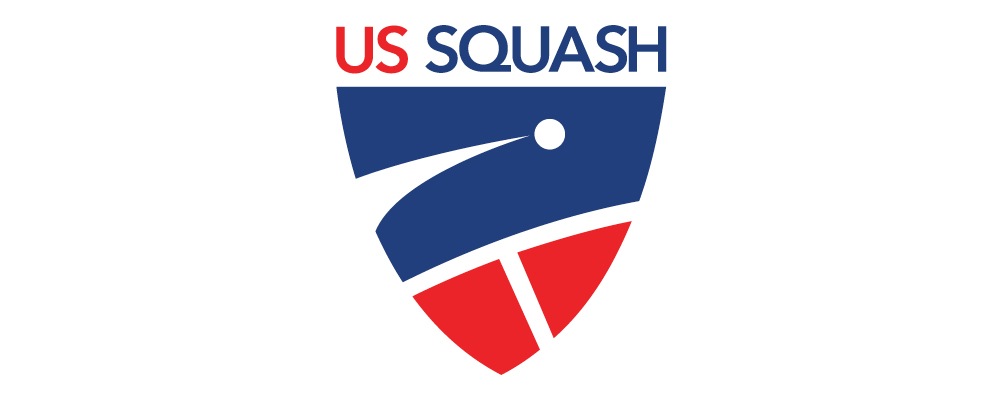Junior Players, Parents, and Coaches
At the last JCT in Boston our Director of Junior Development, Harry Smith, and I hosted a few “Junior Squash Symposiums” for parents (the report out is posted here). These sessions are part of our efforts to continually improve your family’s experience in squash. We have done these symposiums at several tournaments this season across a range of levels (Gold, Silver, etc.), and will continue them throughout the year.
Prior to the JCT this weekend in Baltimore, we thought this was a good time to provide some updated information on a few topics discussed at our last symposium, namely refereeing, conduct and on-site management.
Refereeing and Conduct
Parents have expressed support, even appreciation, for the unique part of junior squash in which players who just finished competing then immediately work together to referee their peers. As I mentioned in my recent Squash Magazine Publisher’s Note, the most challenging and corrupting part of the refereeing experience is not making the calls on the court, rather it is enduring the reaction of parents and coaches, and sometimes the players, to the calls made by the referees.
We encourage all parents and coaches to take the opportunity to model for your children how we should all behave in the moment – by showing respect for others, and by taking personal responsibility. Of particular relevance, I would like to point out that for Parents, Coaches and Attendees Code of Conduct, #8 in the code declares “I will, and will encourage my child/player to, respect the officials and their authority during a match and will never question, discuss, or confront players or officials before, during or after a match.”
We are of course not letting the players themselves off the hook in adhering to our Code of Conduct. In the first half of this season, in addition to letters of concern being sent to a coach and more than a dozen parents, we have also sent letters to 25 junior players, and have suspended multiple players from competing in US Squash accredited competitions for a period of time.
On-site management
During the symposiums, it was also suggested that more clarity in roles regarding Officials, Tournament Staff and Match Supervisors on-site would be helpful to everyone. To that end, we have clarified these roles, specifically for Match Supervisors whom you will see identified wearing royal blue shirts.
Included in the specific duties of a Match Supervisor is “Ask anyone suspected of coaching to stop. If he or she continues to coach, be prepared to ask them to leave the area and alert the Site Director; and Ask anyone heard or seen speaking with or interfering with the referees to stop. Be prepared to ask them to leave the area if he or she does not and alert the Site Director.”
While we are taking positive steps towards elevating and maintain high standards of sportsmanship at the competitions we operate directly, we remain limited by the resources we have, both financial and in people. Finding the best people to support our events, and paying for it remains a challenge. This challenge is even more apparent at Gold level tournaments and below where expectations remain high, and the responsibility falls mainly to the participants.
People are always surprised that the entry fees do not fully cover costs, and that US Squash actually loses money on events. Most do not know US Squash is a 501c3 nonprofit. With a $5 million annual budget, each year we need to fundraise nearly 20% of this amount simply to break even. The squash market is small, and only the investments we collectively make will elevate our programs and services or drive growth. For more, here is a link to our recently published Annual Report.
Your role
Given all the above, my expectation of everyone involved in junior squash: players, parents and coaches, is that you hold each other accountable to the standards we set. We ask parents, players, and coaches to notify Match Supervisors or the Site Director if you believe there is inappropriate behavior happening on or off the court.
If you are a parent who can’t control your own behavior while watching your child, remove yourself. If you’re a coach who struggles to refrain from coaching during play, recognize you are violating the rules, and simply don’t do it. As I wrote in the magazine, the players themselves are all right, it’s the environment we create for them that we must continue to improve. We all — US Squash, players, parents and coaches — have a joint responsibility to uphold the standards of sportsmanship that makes squash unique, and our experiences in the sport so valued.
Providing an enjoyable, healthy and safe environment at competitions remains our goal. Through our communications, and our actions, we intend to make our expectations clear, and to also be clear to the entire community that violations to our Code of Conduct will not be overlooked.
I look forward to seeing many of you at tournaments throughout the remainder of the season, and encourage you to share your thoughts and input with me directly.












